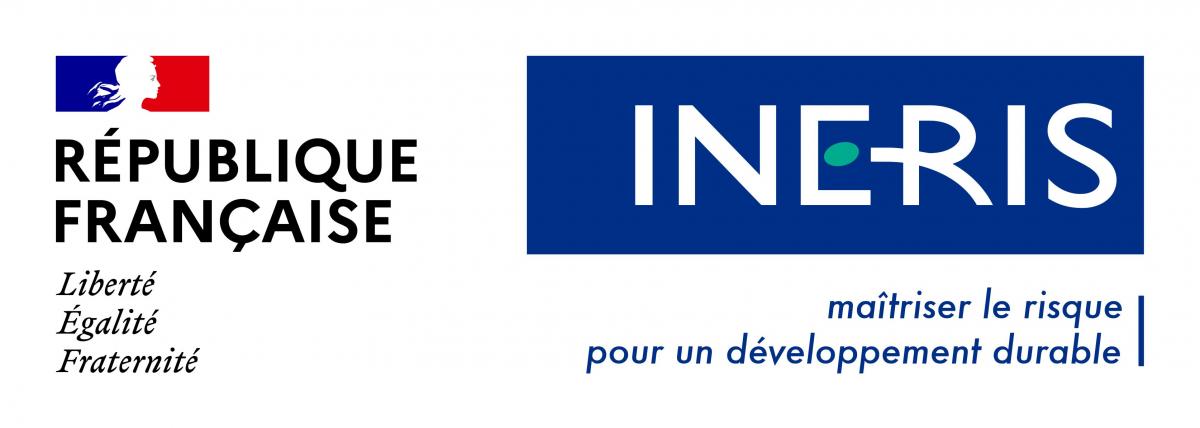Strengthen the European collaborative environmental research to meet European policy goals for achieving a sustainable, non-toxic environment
Résumé
To meet the United Nations (UN) sustainable development goals and the European Union (EU) strategy for a non-toxic environment, water resources and ecosystems management require cost-efficient solutions for prevailing complex contamination and multiple stressor exposures. For the protection of water resources under global change conditions, specific research needs for prediction, monitoring, assessment and abatement of multiple stressors emerge with respect to maintaining human needs, biodiversity, and ecosystem services. Collaborative European research seems an ideal instrument to mobilize the required transdisciplinary scientific support and tackle the large-scale dimension and develop options required for implementation of European policies. Calls for research on minimizing society’s chemical footprints in the water–food–energy–security nexus are required. European research should be complemented with targeted national scientific funding to address specific transformation pathways and support the evaluation, demonstration and implementation of novel approaches on regional scales. The foreseeable pressure developments due to demographic, economic and climate changes require solution-oriented thinking, focusing on the assessment of sustainable abatement options and transformation pathways rather than on status evaluation. Stakeholder involvement is a key success factor in collaborative projects as it allows capturing added value, to address other levels of complexity, and find smarter solutions by synthesizing scientific evidence, integrating governance issues, and addressing transition pathways. This increases the chances of closing the value chain by implementing novel solutions. For the water quality topic, the interacting European collaborative projects SOLUTIONS, MARS and GLOBAQUA and the NORMAN network provide best practice examples for successful applied collaborative research including multi-stakeholder involvement. They provided innovative conceptual, modelling and instrumental options for future monitoring and management of chemical mixtures and multiple stressors in European water resources. Advancement of EU water framework directive-related policies has therefore become an option.
Domaines
Environnement et Société
Origine : Publication financée par une institution
